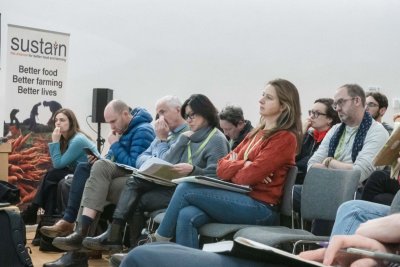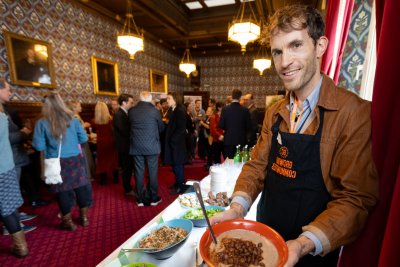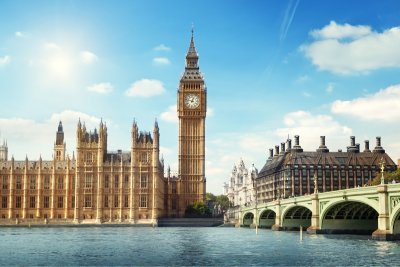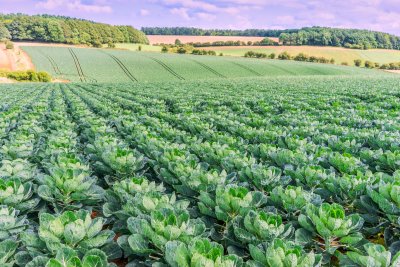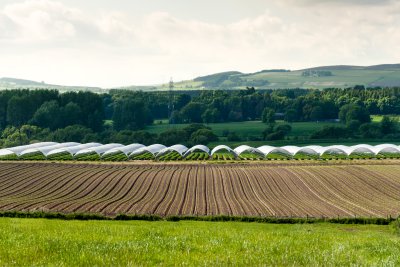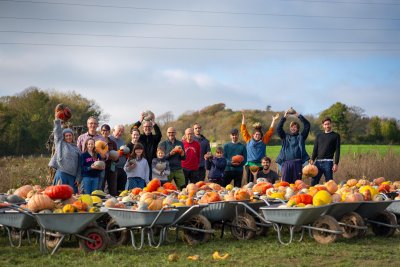Sustain: Sustain The alliance for better food and farming advocates food and agriculture policies and practices that enhance the health and welfare of people and animals, improve the working and living environment, enrich society and culture and promote equity.

Truss issues statement on farming post-Brexit
The Defra Sectretary of State says there will be no immediate changes, and that in the longer term, policies are needed to keep British farming 'profitable and competitive'
The Secretary of State for food and the environment, Liz Truss, who campaigned against Brexit, has reassured British food producers that there will be no immediate changes to subsidy payments in the wake of the vote to leave the EU, and that policies for farming post-Brexit are now being planned.
In a statement reported by Horticulture Week, she said, 'There clearly needs to be a system of agricultural support and British farming must remain profitable and competitive. Equally, Defra will continue to ensure the right policies are in place for a cleaner, healthier environment. The Government will work with industry and the public to develop these new arrangements.'
She said that Defra officials would be working with the new Brexit Unit to plan Britain's withdrawal.
Brexit stands to have significant impacts on farmers and food producers in the UK -- many of whom supported the Leave vote.
The EU is currently making decisions about the Common Agricultural Policy that will come into effect in 2019-2020 -- by which time the UK will no longer be part of the Union. According to the online news magazine Euractiv, the EU is planning to allocate £162 billion by then, on so-called 'pillar 2' payments designed to support environmental measures, to help farmers to go greener.
British farmers currently receive £3 billion a year from the CAP, with the average farm receiving between £14,500 and £30,000 a year in direct subsidy. According to the website Artisan Food Law, which focuses on small-scale and artisanal production, it is 'pure wishful thinking' to think this could continue in full, even in the short term.
Note: Liz Truss was subsequently replaced by Andrea Leadsom who was appointed Secretary of State for Environment, Food and Rural Affairs on 14 July 2016.
Sustain
The Green House
244-254 Cambridge Heath Road
London E2 9DA
020 3559 6777
sustain@sustainweb.org
Sustain advocates food and agriculture policies and practices that enhance the health and welfare of people and animals, improve the working and living environment, promote equity and enrich society and culture.
© Sustain 2026
Registered charity (no. 1018643)
Data privacy & cookies
Icons by Icons8
